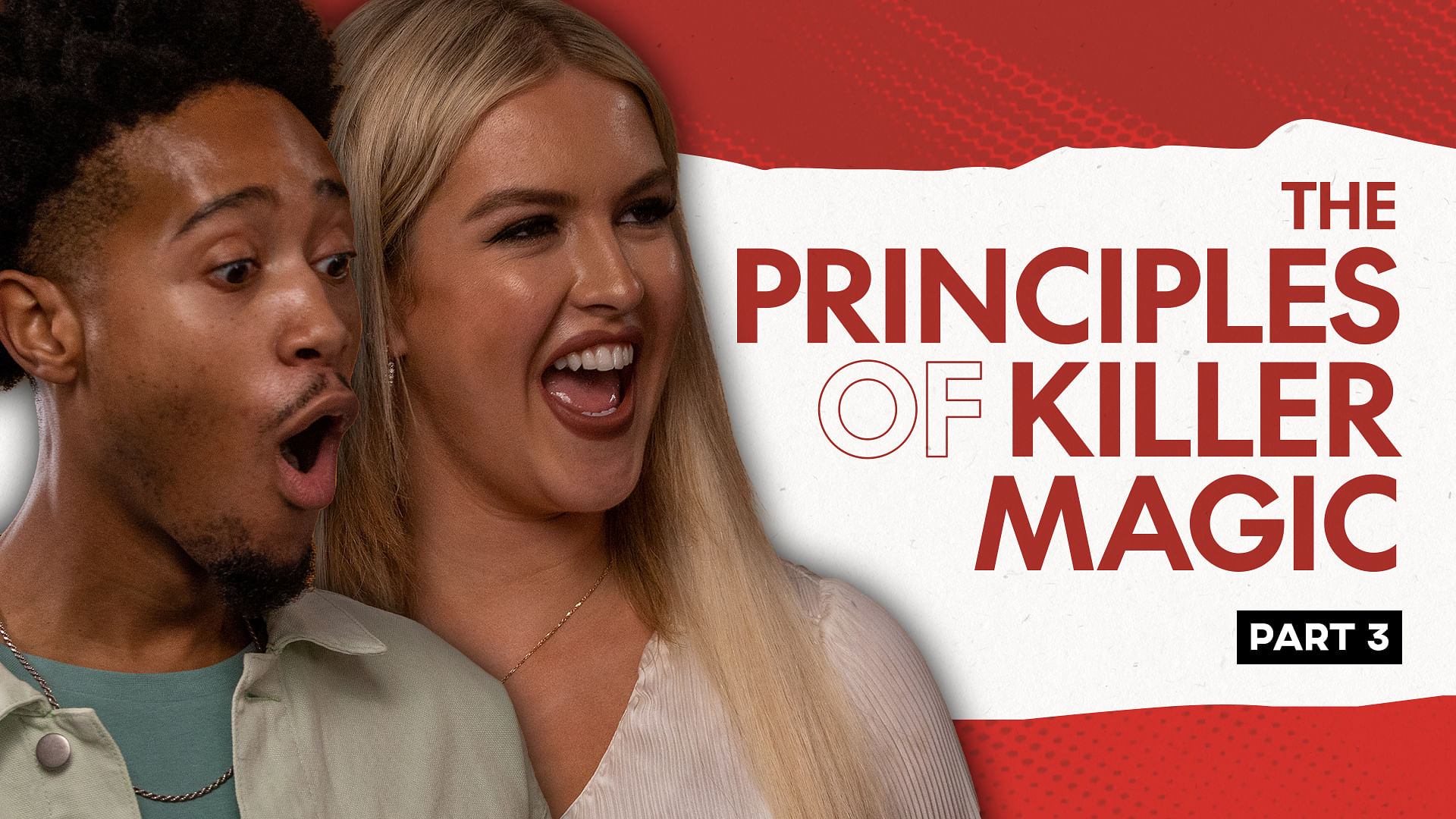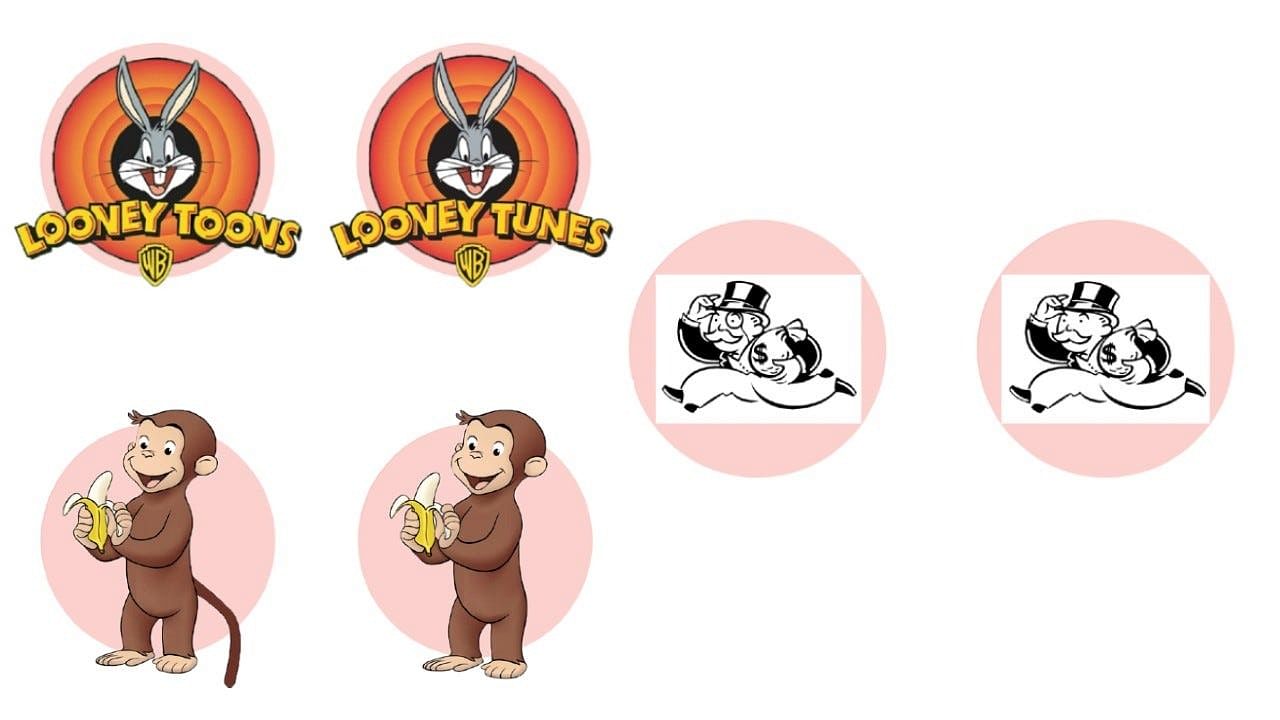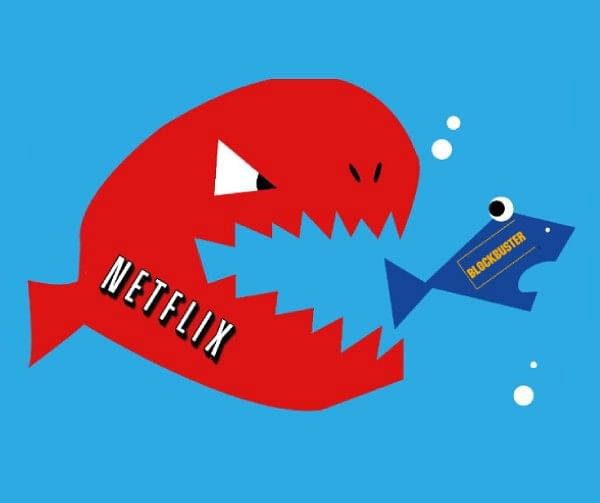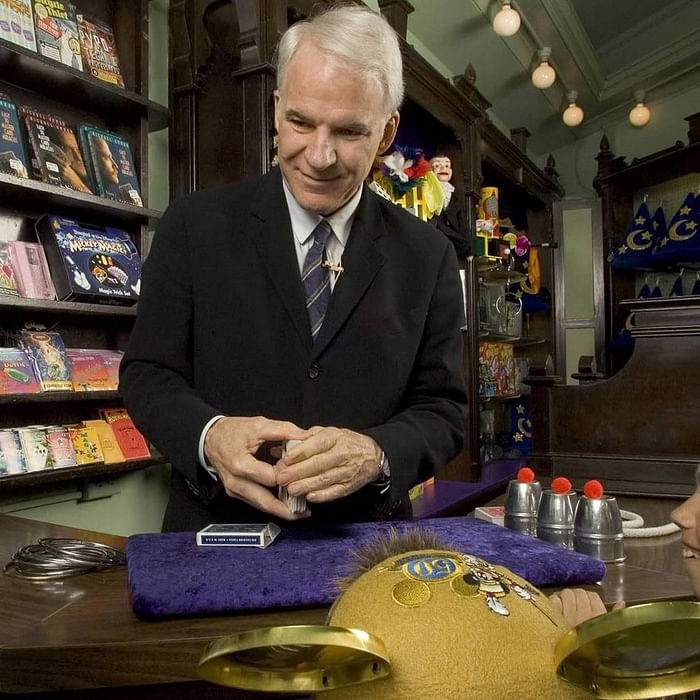Principles of Killer Magic - Part 3
By Mitch Praver - Monday, October 21, 2024

Welcome to Part 3 of The Principles of Killer Magic, a special multi-part series in which we explore the ways you can improve your magic by applying the same principles used by the world’s most successful businesses.
As mentioned in Part 1 and Part 2 (which you should definitely read first), my name is Mitch Praver. I’ve been a successful C-Level executive at some of the most well-known companies in the world, including National Geographic, NPR and Discovery Channel. I also perform as The CEO Magician, a role in which I use my passion for magic to help businesses trigger innovation, think differently, challenge the status quo, and inspire the impossible.
I’m glad you found this article and hope it will be the catalyst needed to change your approach to magic. So, let’s not waste any more time and dive right into some more parallels between successful businesses and great magic.
Avoiding Blind Spots
For magicians and CEOs alike, avoiding blind spots requires seeing both "inside" and "outside" the frame.
“Inside the frame” is often where real-life limitations are assessed and evaluated to find solutions. For instance, magicians refine their craft through meticulous attention to angles, direction, and misdirection. Conversely, real magic often happens inside the minds of the audience (or “outside the frame”). This why the ways you present and communicate your magic, as well as the ways you interact with your audience, are such invaluable assets.
The most successful CEOs, just like the most successful magicians, are often skeptical of the data they receive and trust their instincts to make the right choices. They understand how to seamlessly operate inside and outside the frame to discover new opportunities and avoid potential failures.
The best CEO's never simply take input at face value because they realize our senses can deceive us just like a well-executed magic trick. This is often referred to as “The Mandela Effect”, a social phenomenon in which a group of people misremember a common event, person, or place in a consistent way.
For example:
- The Monopoly Man never had a monocle
- There was never a cornucopia in the Fruit of the Loom logo
- It’s actually "Looney Tunes" not "Looney Toons"

“The Mandela Effect” can even fool your ears:
- The evil witch in “Snow White and the Seven Dwarves” actually says “Magic mirror on the wall” not “Mirror, mirror, on the wall”
- While Humphrey Bogart is typically credited for the famed ”Play it again, Sam” line from Casablanca, it was actually said by his co-star Ingrid Bergman
- During Sally Field’s famous Oscars speech, her actual line was ”You like me right now”, not the oft-misquoted “You like me, you really really like me”
As a magician, we can use this to our advantage. It is not uncommon for audiences to see a magic trick and then later exaggerate what they supposedly witnessed. They will often forget key facts or even totally misremember what they witnessed. If you make a concerted effort to present direct and strong “outside the frame” concepts, your audience will be less likely to care about, or remember, the “inside the box” solutions that made them possible.
Take for example the legendary Indian Rope Trick, where a rope seemingly rose by magic and a boy climbed it, only to disappear into thin air. Many historians believe this to be a pole-balancing act that presented a story so strong, it eventually overtook the truth as time went on.
In the classic Snake Charmer trick, the audience is told ahead of time that the snake will be hypnotized by the mysterious charmer's flute. This magical concept is so mesmerizing, it often makes many audiences completely overlook the fact that the snake is simply following the movement of the flute.
Embrace Change
Businesses and magicians that do things a certain way because ”that’s the way things have always been”, will never reach their full potential. Many of them will eventually die or be replaced.

Embracing change is important for long-term success and relevance. There are so many real-world examples of market leaders that were so focused on their current, legacy business…they lost sight of evolving external market conditions.
Netflix outpaced Blockbuster by focusing on video entertainment instead of just tape rentals, Amazon overtook Borders by offering a vast online inventory, and Airbnb disrupted Hilton by catering to the modern traveler’s desire or authentic experiences.
I experienced this myself as Chief Operating Officer at NPR, where embracing change and looking both inside and outside the frame for success, transformed the broadcast approach we applied to social media. During the Arab Spring, a focus on the unique capabilities to innovate in social media enabled more first-hand accounts from a wider group of “reporters”. NPR turned social media into a two-way form of journalism.
Simplifying Complexity
Learning magic tricks is quite an ironic process. You spend years mastering a diverse range of sleights and techniques. Yet your job is to present them to your audiences in a way that makes it seem like they never existed in the first place. This is all in an effort to simplify complexity.
Most successful businesses understand the importance of simplifying complexity to maintain customer loyalty. Just think about how tedious it used to be to register for a website. Now, most companies allow you to do it with one click by signing-up with your Google or Apple account. Or think about when you get a new electronic device. While they all come with a detailed instruction manual, there is also generally a quickstart guide that gives you the key essentials needed to dive right in. By following the same model to simplify complexity and create magic that is strong, direct and easy to follow, you’ll drastically improve the audience experience and their perception of you.
Seizing Missed Opportunities
Most magicians develop their passion for magic at a young age and never let it go. However, only a small percentage of the thousands of magicians around the world perform professionally.

Having magic as a hobby is a perfect situation for many people. In fact, there many celebrities that are also magicians, like Steve Martin, Jason Sudeikis, Johnny Carson, Muhammad Ali, and Orson Welles. Yet very few of them ever pursued it professionally. If you want to be a hobbyist, there is absolutely nothing wrong with that. Some of the greatest contributions to magic have come from amateur magicians.
However, those who desire a career in professional magic must understand the value of seizing missed opportunities. In business, missed opportunities are quite common. Around 20% of startups fail in the first year, and 70% fail within five years. They either run out of cash, misread market conditions, misjudge consumer needs, or take too long to validate their place in the market.
As someone just beginning their professional magic journey, you are essentially a startup. You must see the bigger picture and avoid the same mistakes made by other small businesses. I encourage you to follow your passions. Always be curious and seek out new opportunities; because, as soon as you stop evolving and innovating, you'll also stop succeeding. Be bold, trust your instincts and act in a timely manner. You’re going to fail, but the best businesses learn from their failures. Act like a successful business leader and you’ll have the skills needed to create unforgettable experiences for your audiences and transform your passion into a profession.
This was supposed to be the end of the series but, due to popular demand, Vanishing Inc. has asked me to create a special bonus article. So, join me next time as I dive into how some of the most common human tendencies could actually be holding you back.
Back to blog homepage
Similar posts on the blog:

